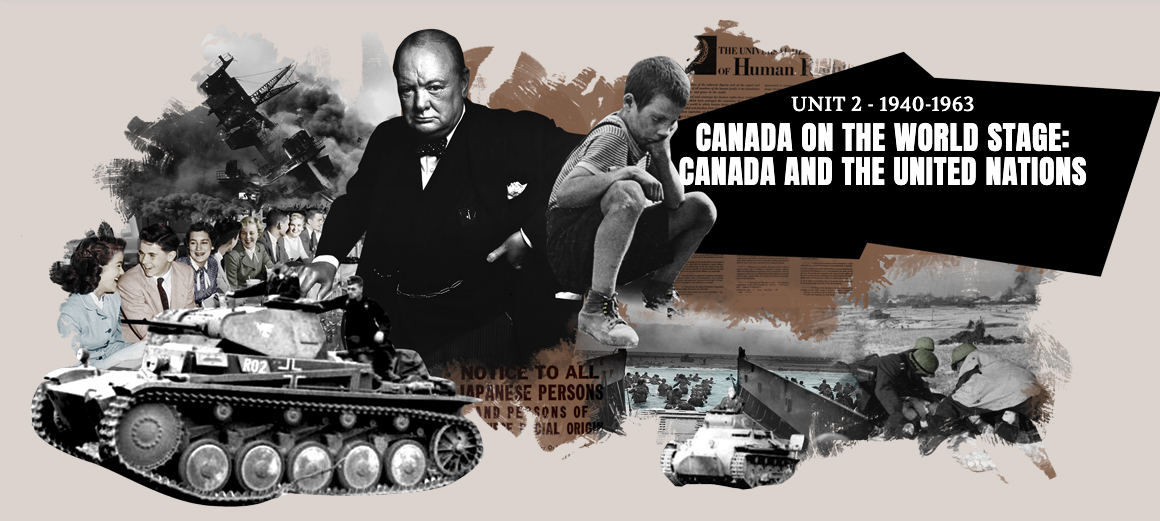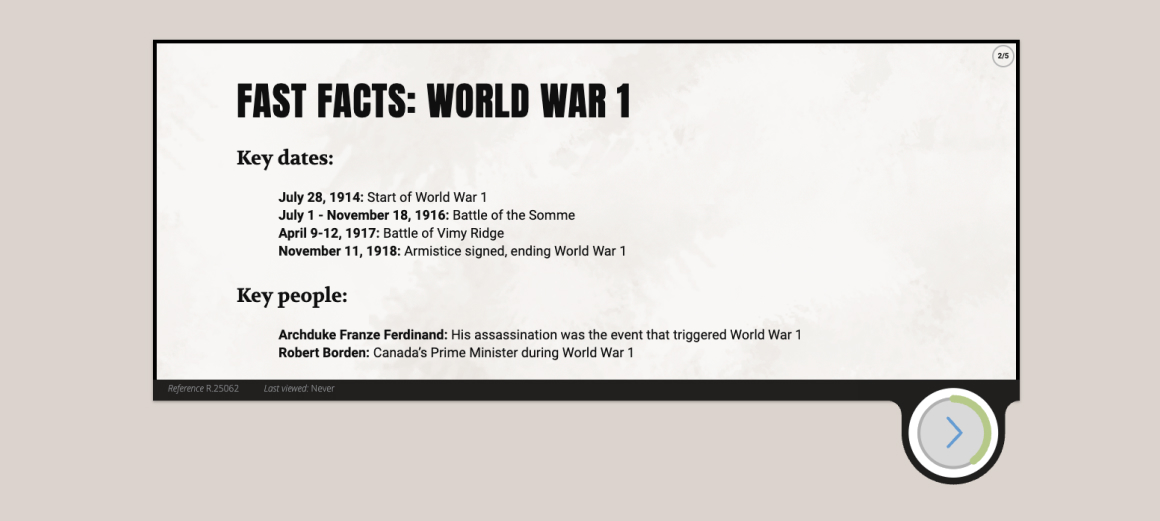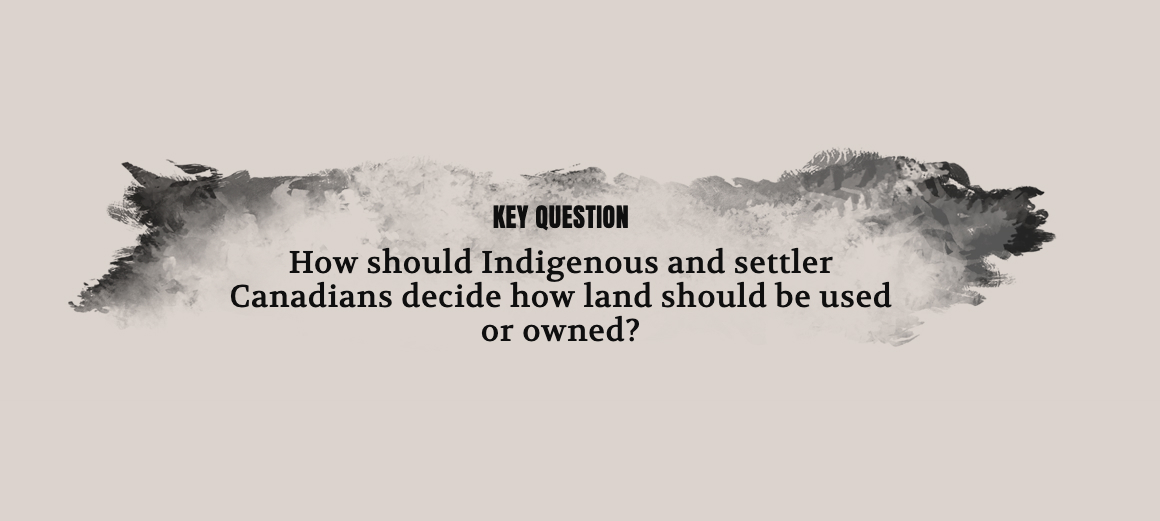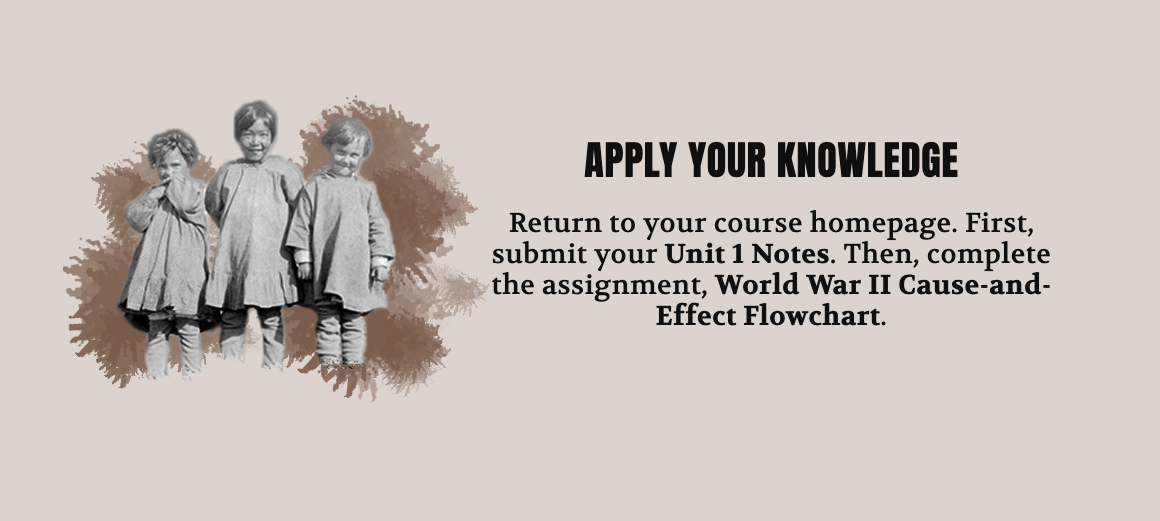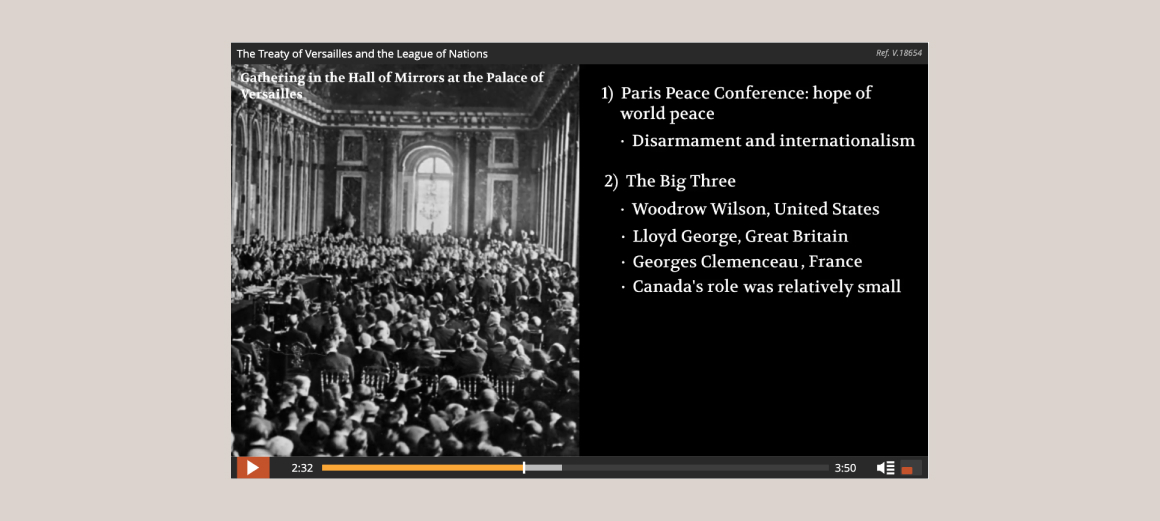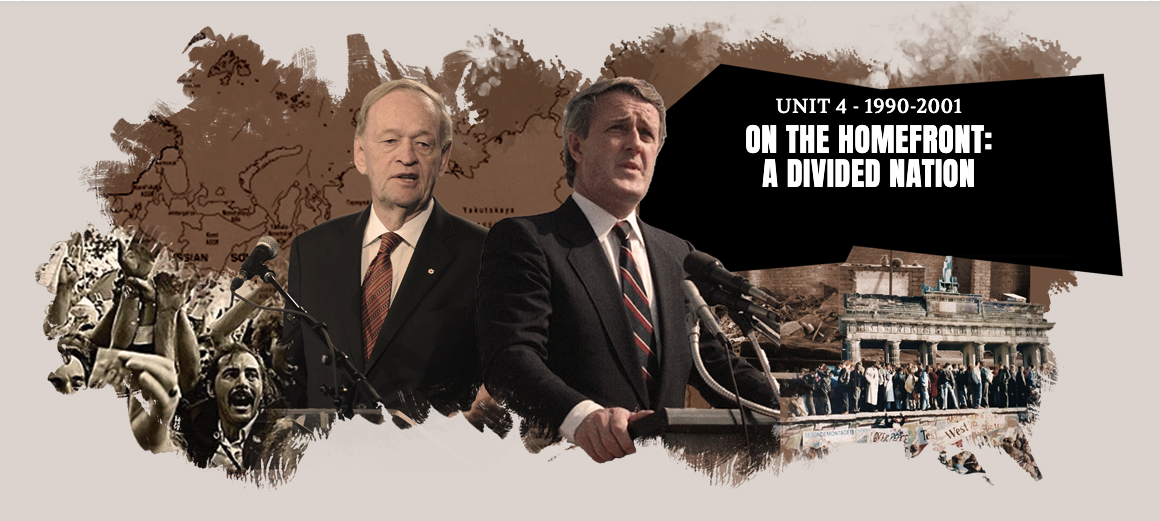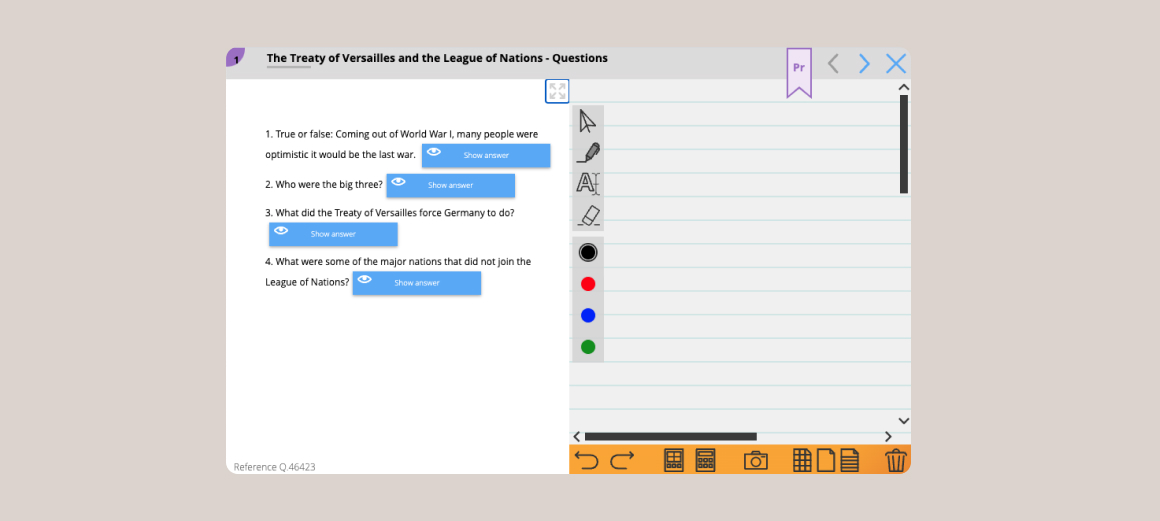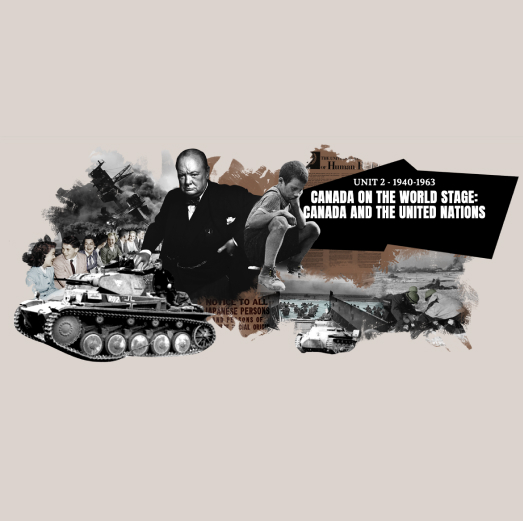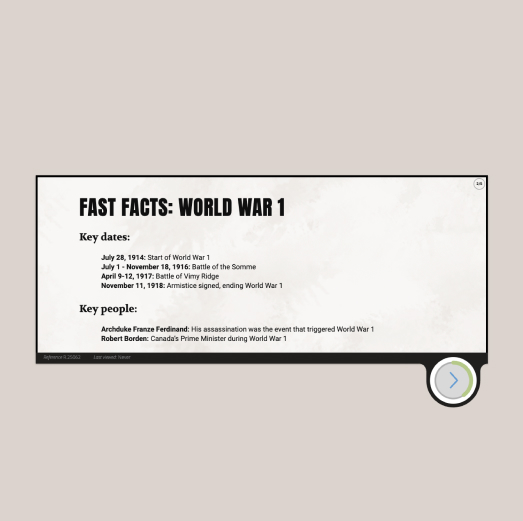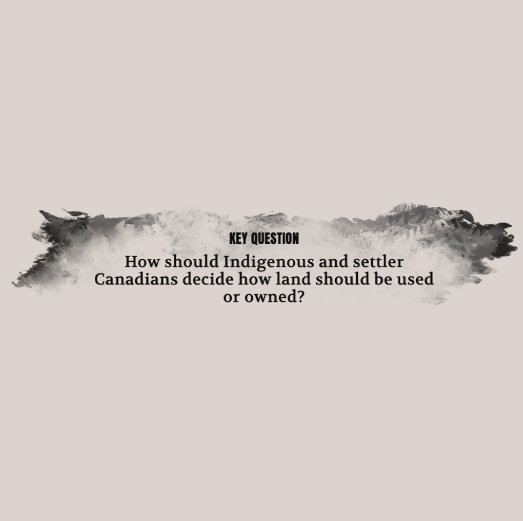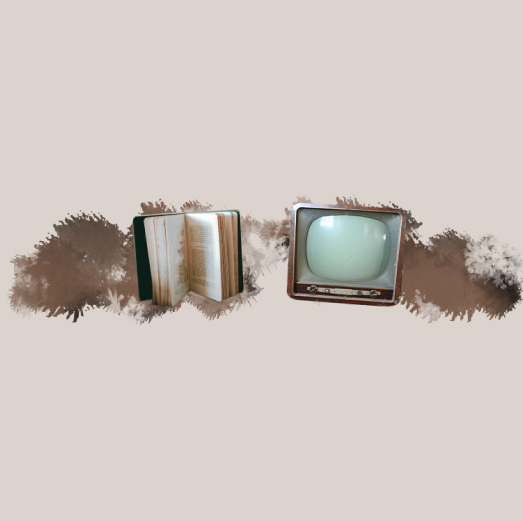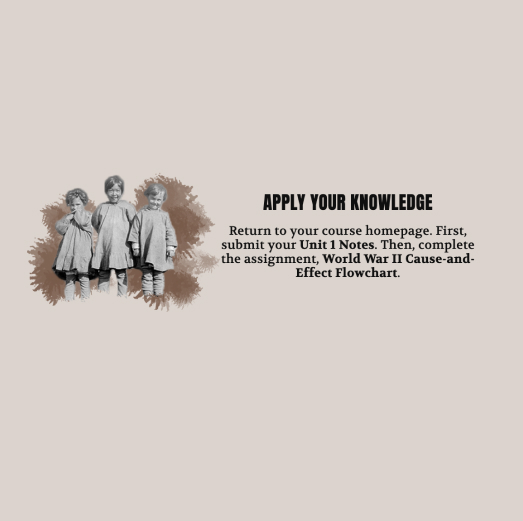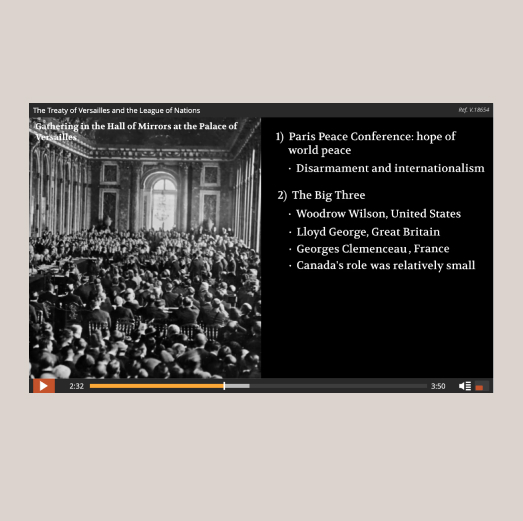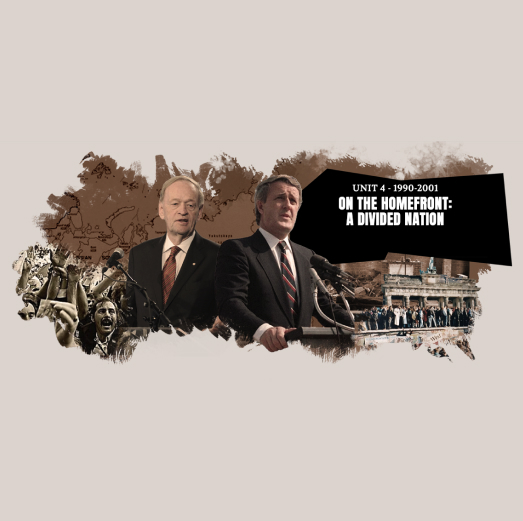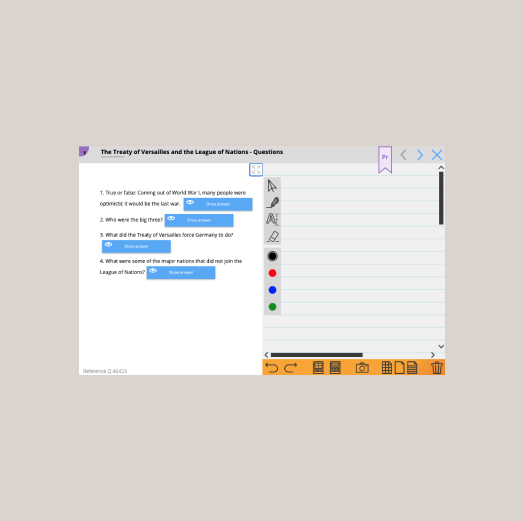Social Studies 10
Canada and the world have changed drastically since the start of World War 1. At that time, there were just over 500,000 telephones in Canada, and bread cost six cents a loaf. There were only 50,000 cars on the road, and many people did not have electricity or indoor plumbing.
The last 100-plus years have also seen many of history’s great triumphs and tragedies. Economic standards of living have increased around the world, but poverty still affects billions. By some measures, it seems that we have come so far, but by other measures, we are still a long way from where we would like to be as a human race.
Social Studies 10 explores important Canadian and global narratives since 1914, examining some of humanity’s best and worst moments. Approaching the study of history through storytelling, this course explores Canadian and human identity. There are stories of service, community, love, and sacrifice, but also of contempt and disrespect. There are stories that show justice done for some, but also stories from voices who have seen justice denied.
Martin Luther King Jr. said, “The arc of the moral universe is long, but it bends toward justice.” What way has the arc of the universe bent over the last 100 years?
The StudyForge Difference
This course approaches history in a very accessible way for students with diverse learning needs. Lesson content is delivered with engaging, narrative-driven videos that simplify complex events. Student-friendly note packages are matched with video content, allowing students to highlight and retain key information, while still getting the big picture of the historical stories. A “Fast Facts” section at the beginning of each lesson allows students to become oriented with the basic dates, people, causes, and consequences of events.
The majority of content is delivered in both video and readings, allowing students to approach tasks according to their preferred learning style. Students progressively take more ownership of their learning, as unit assessments allow for increased choice and independence as the course progresses. Indigenous perspectives and stories are intentionally woven into the fabric of the course.
Note: This course has been updated to reflect changes by the BC Ministry of Education in 2025.
Table of Contents
Lesson 2: Canada on the World Stage: World War I
Lesson 3: On the Homefront: Immigrant Groups and The Winnipeg General Strike
Lesson 4: Around the Globe: The Treaty of Versailles and the League of Nations
Lesson 5: On the Homefront: Social “Progress” in the Roaring 20s
Lesson 6: Canada on the World Stage: Canada’s Increasing Independence
Lesson 7: Around the Globe: The Great Crash
Lesson 8: On the Homefront: The Great Depression in Canada
Lesson 9: Around the Globe: The Rise of Hitler
Lesson 10: Canada on the World Stage: The Approach of War
Unit assessment: World War II Cause-and-Effect Flowchart
Lesson 1: Around the Globe: World War II
Lesson 2: Canada on the World Stage: Canada in World War II
Lesson 3: On the Homefront: The War at Home
Lesson 4: Canada on the World Stage: Canada and the United Nations
Lesson 5: Around the Globe: The Universal Declaration of Human Rights
Lesson 6: On the Homefront: The Golden Age?
Lesson 7: Around the Globe: The Cold War
Lesson 8: Canada on the World Stage: Canada, Stuck in the Middle
Lesson 9: On the Homefront: Tommy Douglas
Unit assessment: Guided Inquiry Essay
Lesson 1: On the Homefront: The Quiet Revolution
Lesson 2: Canada on the World Stage: The Vietnam War
Lesson 3: Around the Globe: The US Civil Rights Movement
Lesson 4: On the Homefront: Quebec Separatism and the FLQ Crisis
Lesson 5: Canada on the World Stage: Music and Cultural Change
Lesson 6: On the Homefront: Constitutional Changes
Lesson 7: Around the Globe: Star Wars and the Fall of the Berlin Wall
Lesson 8: On the Homefront: First Peoples Land Disputes
Lesson 9: Midterm Exam
Unit assessment: Midterm Exam
Lesson 1: Around the Globe: The End of the Cold War
Lesson 2: Canada on the World Stage: NAFTA and the Rise of Globalism
Lesson 3: On the Homefront: A Divided Nation
Lesson 4: Canada on the World Stage: Peacekeeping in the Face of Genocide
Lesson 5: On the Homefront: The 1995 Quebec Referendum
Lesson 6: Around the Globe: Technology and Globalism
Lesson 7: Independent Inquiry Project
Unit assessment: Independent Inquiry Project
Lesson 1: Around the Globe: 9-11
Lesson 2: Canada on the World Stage: Wars in Afghanistan and Iraq
Lesson 3: On the Homefront: The Peaceful Transfer of Power
Lesson 4: On the Homefront: Truth and Reconciliation
Lesson 5: Around the Globe: Hope and Fear in the United States
Lesson 6: The Syrian Conflict and Refugee Crisis
Lesson 7: Canada on the World Stage: The Climate Crisis
Lesson 8: Final Project
Unit assessment: Final Project
Experience a lesson as your students would
Course Features
- Accessible for students with diverse learning needs
- Engaging, narrative-driven videos that simplify complex events
- Student-friendly note packages
- “Fast Facts” at the beginning of each lesson with the basic dates, people, causes, and consequences of events
- Content delivered in both video and readings, allowing student choice
- Student voice and choice in major inquiry projects
- Indigenous perspectives and stories are woven into the fabric of the course
